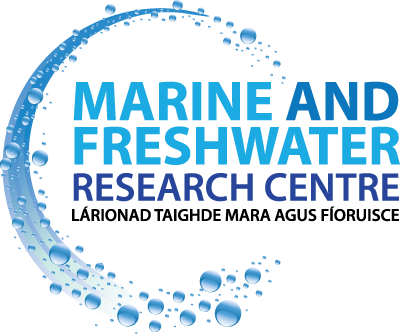New ATU’s Research Portal
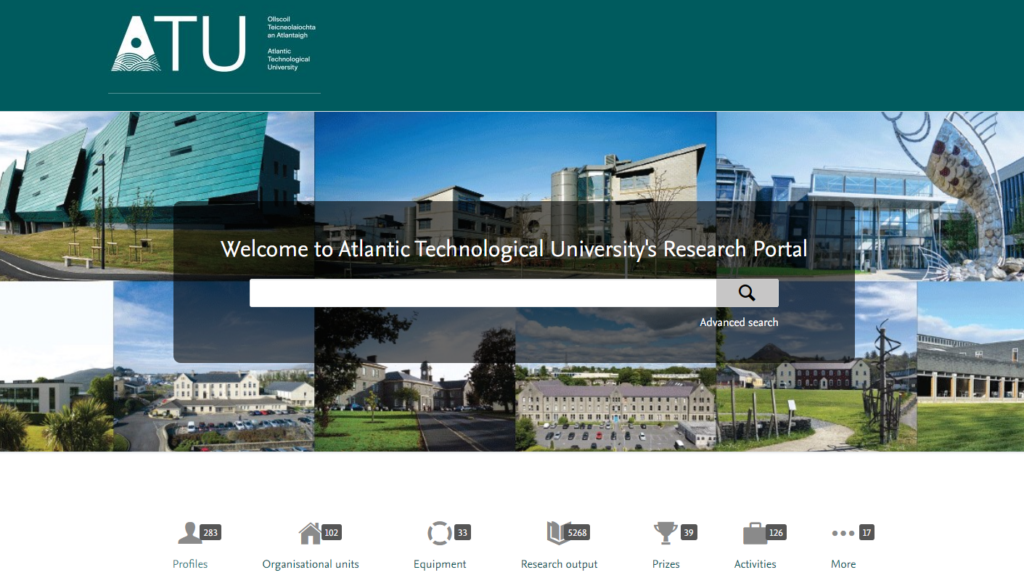
A new ATU’s research portal that maps the research outputs and funding is now available. The PURE platform provides key features about the Marine & Freshwater Research Centre and our team of researchers. For more details, please visit: https://pure.atu.ie/
Tardigrades in the marine plastisphere: New hitchhikers surfing plastics
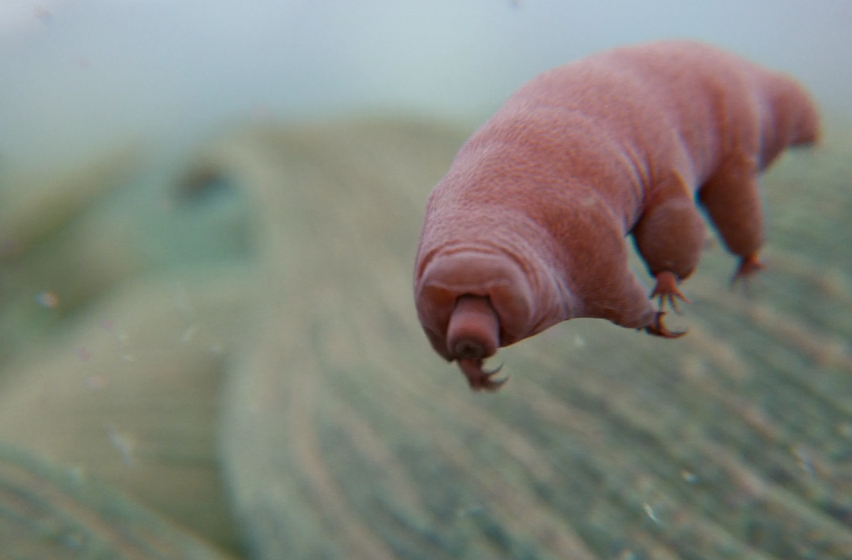
Tardigrades, also known as water bears, are remarkable microorganisms known for their resilience to diverse environments. The MicroplastiX project carried some in situ experiments in the Port of Galway, where nine polymers were incubated over one year period. This experiment was replicated in parallel in France, Italy and Brazil. Of all these sites, Ireland was the only […]
PhD Postgraduate Research Opportunity –
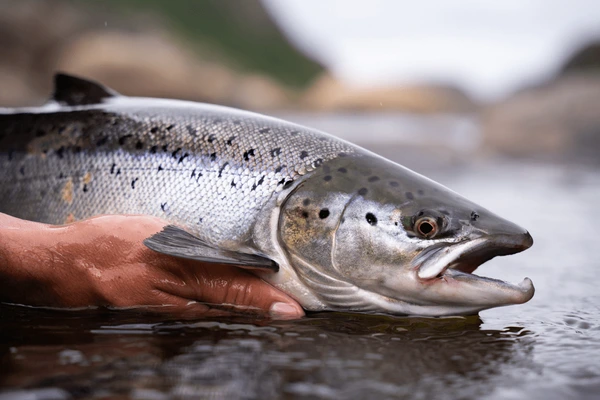
Project Title: Epidemiological examination of Salmonid Rickettsial Septicaemia (SRS) in Irish Atlantic salmon farms (P230076) Project Start Date: May 1st 2024 Application Closing Date: 12 noon Monday 29th January 2024 Funding: This Cullen Scholarship (Grant-Aid Agreement No. CS/23/002) will be administered by the Marine Institute and funded by the Institute under the Marine Research Programme […]
Microplastic depuration of oysters from Galway Bay
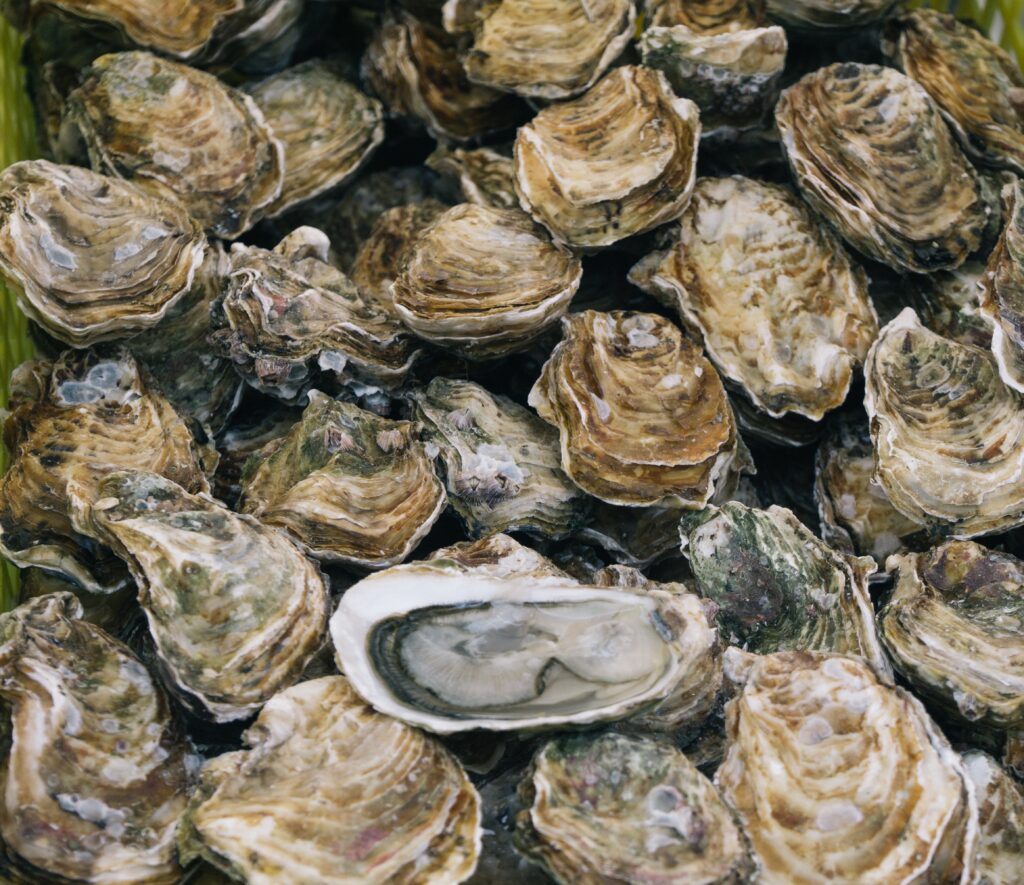
A recent study investigating the efficacy of microplastic depuration on two commercial oyster species from the west coast of Ireland has recently been published in the Journal of World Aquaculture Society. This is the first study assessing depuration of microplastics in farmed oysters in Ireland. This preliminary study shows that concentrations of microplastics can be […]
Marine habitats created by shellfish are hotspots of biodiversity of high conservation importance
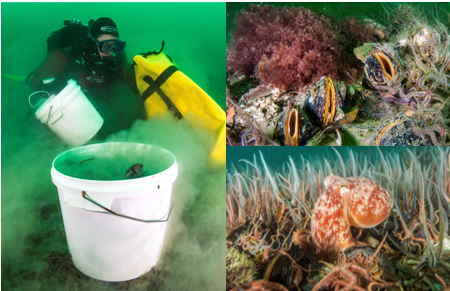
Shellfish reefs such as those formed by the horse mussel (Modiolus modiolus), a large, slow growing species found in the Northern Atlantic, are complex habitats of high conservation value. A study by Dr. Jose M. Fariñas-Franco with colleagues in the United Kingdom analysed over 40 years worth of data from 100s of dives in 16 […]
Deep Sea Microplastic Pollution Extends Out to Sediments in the Northeast Atlantic Ocean Margins
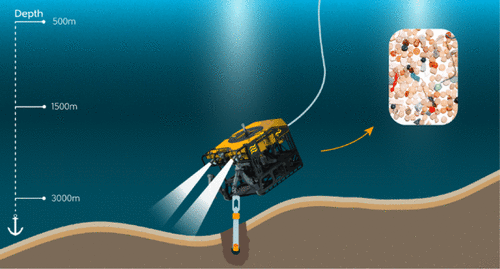
Microplastics are ubiquitous emerging contaminants found in every habitat surveyed, building upon international databases globally. Costs and accessibility often correlate to few deep sea sediment surveys, restricting the number of stations within a given sampling area. An extensive survey of the Porcupine Seabight and Porcupine Bank canyons resulted in identifying microplastics in deep sea sediment […]
[New book chapter] Methodologies to Assess Microplastics in the Anthropocene
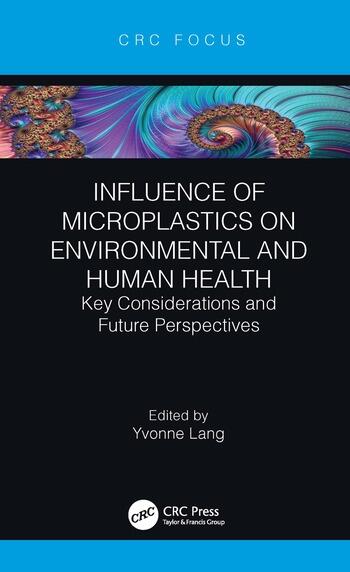
A new book chapter has been published in the new book “Influence of Microplastics on Environmental and Human Health”, published by Taylor and Francis Group, and edited by Yvonne Lang, ATU Sligo. The chapter written by Dr João Frias and Dr Róisín Nash from ATU Galway focuses on the wide range of methodologies to assess […]
[New paper] – Plastics, prawns and patterns: Microplastic loadings in Nephrops norvegicus and surrounding habitat in the North East Atlantic
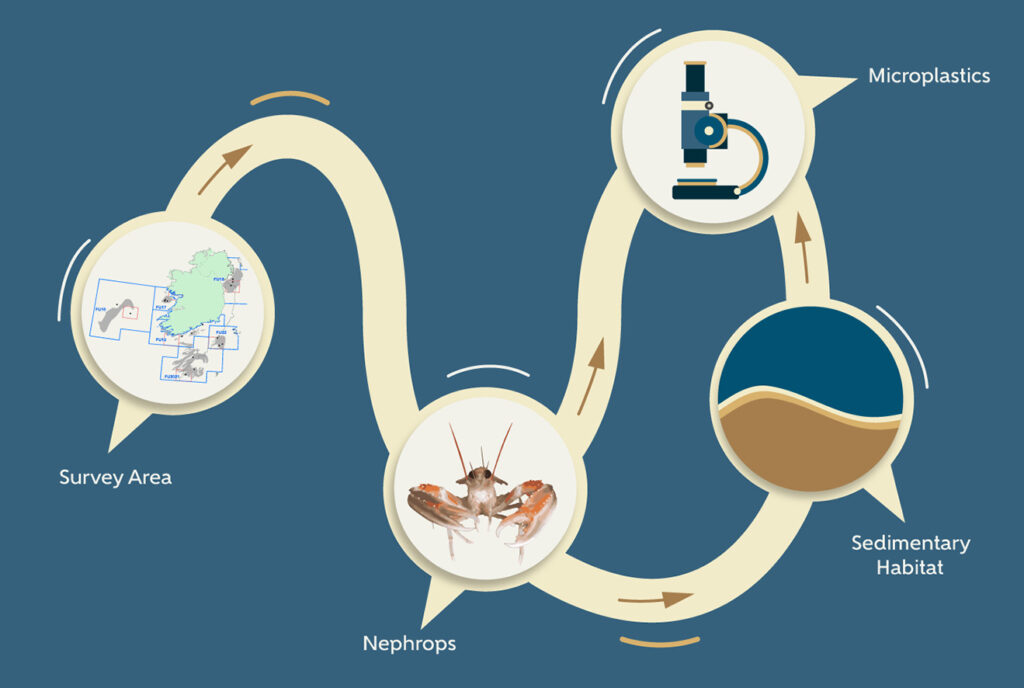
A new manuscript assessing the levels of microplastics in Nephrops norvegicus and benthic sediment showed low levels of contamination in Ireland. For more details and access to the open-access manuscript, please visit here: https://doi.org/10.1016/j.scitotenv.2022.154036
Launch of the GENIALG E-Learning course on seaweed cultivation
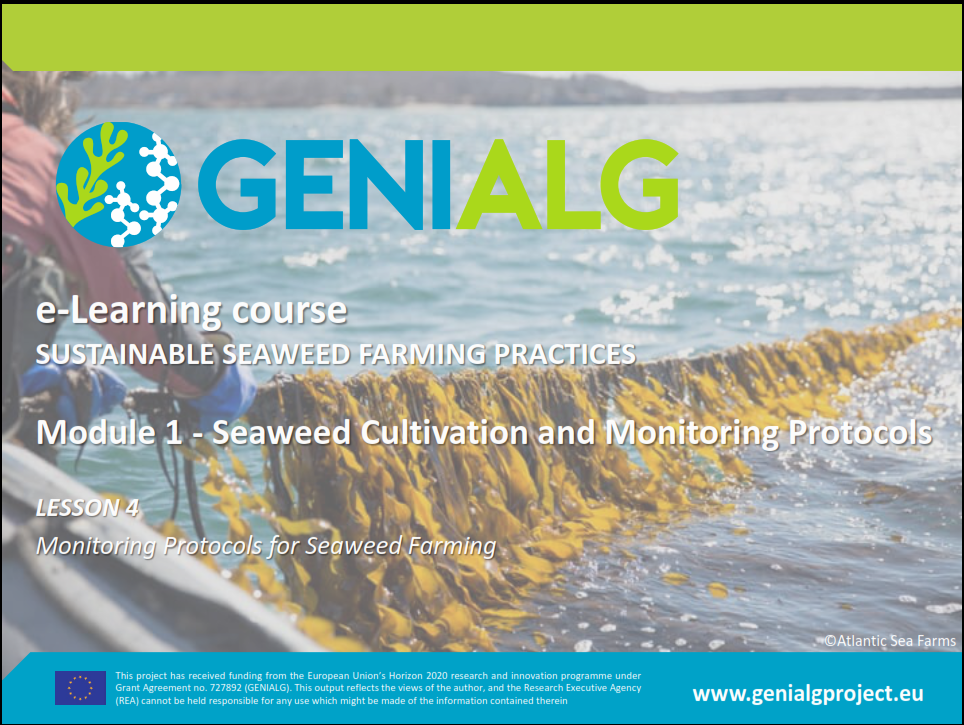
A new E-Learning course on sustainable seaweed farming practices with contributions from GMIT was launched this year by the EU Project GENIALG. The course addresses the environmental benefits and risks of seaweed farming, suggesting good practices to ensure a sustainable growth of the seaweed farming industry. This e-Learning resource is relevant to students, current practitioners […]
New report on marine microplastics
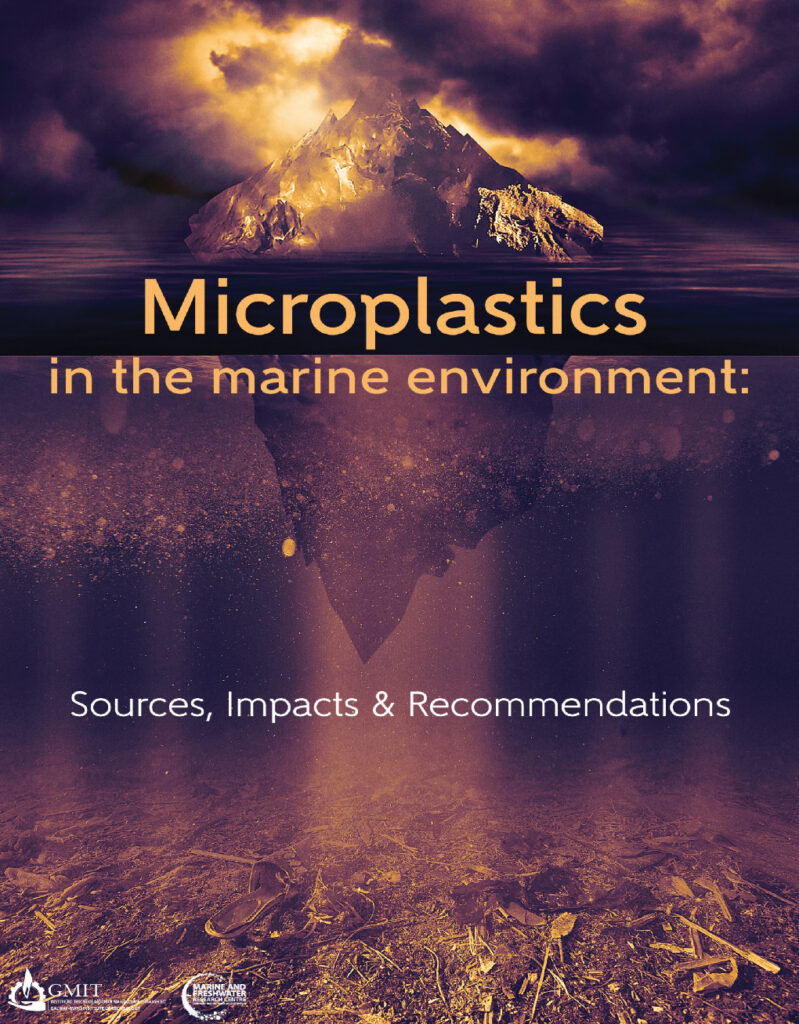
A new study commissioned by Seas at Risk VzW titled, “Microplastics in the marine environment: sources, impacts and recommendations”, was compiled by GMIT Microplastic Researchers (Dr João Frias, Dr Róisín Nash, Dr Elena Pagter, Sindhura Stothra Bhashyam, MSc) together with Malcolm Deegan from Maldeegan Productions, in Dublin. The publication of this report coincides with the […]
